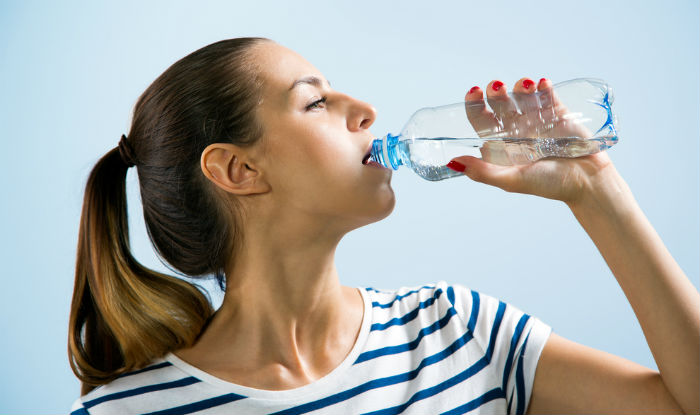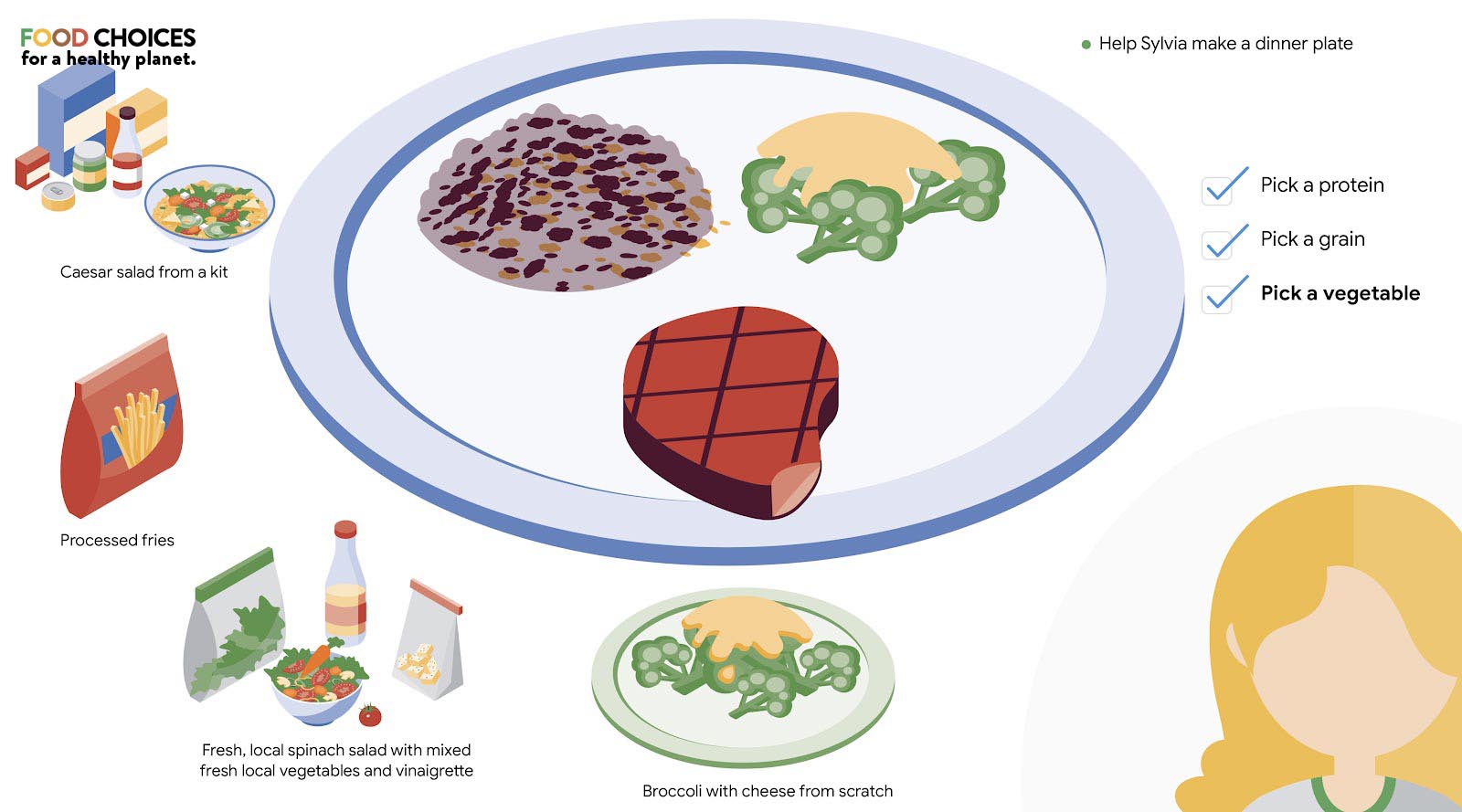
There are three types of prevention for cardiovascular disease: primal, secondary, or primordial. Each one is made up of the same elements but has different effects and starting points. To prevent these problems, it is important for patients to identify their risk factors and create a personal plan. Your goal is to lower your risk of developing cardiovascular problems and live an extended and healthy life. For tips on how you can prevent heart disease, read on. This article explains the causes and treatments of various cardiovascular diseases.
First, focus on a heart-friendly lifestyle. A heart-friendly diet is one rich in fiber, low sodium, and rich with vitamins and minerals. Next, eliminate all processed foods such as white bread and snack products. These foods are not heart-friendly unless they contain a high-fiber content, which is best for the body. Avoid fast food and packaged snacks. Lastly, don't reach for the salt shaker. Too much sodium in your body can increase the risk of developing cardiovascular diseases.

You should eat healthy and exercise regularly. Most experts recommend 150 minutes of moderate exercise each week - about 20 minutes a day - and a variety of low-calorie foods. Regular exercise can also reduce blood pressure and prevent heart diseases. Mindfulness and managing stress can help to prevent heart disease. It's easy to make lifestyle changes and it's not hard!
A healthy diet can reduce your risk of heart disease and reduce the severity of your heart attack. A diet rich in fruits and vegetables is a proven way to lower your chances of developing the disease. A diet high in beans and low-fat proteins may also reduce your chances of developing the disease. Certain fish are also high in omega-3 fatty acids, which may help you reduce your risks of cardiovascular disease. You can incorporate these strategies into your daily life, if time allows.
Smoking is a significant risk factor for developing heart disease. To reduce your risk of developing coronary heart disease, quit smoking. Stop smoking. The less cigarettes you smoke, the better for your heart. You can also avoid secondhand smoking to lower your risk of developing heart disease. It is important to stop smoking if you are a smoker. This will reduce your risk of heart disease.

Taking steps to prevent heart disease is a lifelong process. While it is difficult to detect, the disease can lead to an increased risk of heart failure and other serious symptoms. It is important to take steps to reduce the risks of heart disease. You can reduce your risk of developing this disease by adopting healthy lifestyle habits. This will ensure that you live a long and happy life. The more you do it, the healthier you will be.
FAQ
What does the milk do for men
Think about other uses for milk next time you purchase it. You may also benefit from consuming less coffee.
It has been proven that milk is beneficial for both children and adults. Children get nutrients like vitamin D, calcium and potassium from milk.
It helps with digestion, promotes weight growth, and improves bone strength. People who consume dairy products have lower rates of illness and better immune systems.
People who have difficulty digesting milk are also likely to be able to enjoy its many benefits, even if they do not have stomach problems.
Consider drinking more milk, instead of sodas or juices. You can strengthen your teeth with the extra calcium and vitaminD found in milk.
If you don't like the taste of milk, you can always make your yogurt using plain low-fat milk. Yogurt can be a great substitute for milk, as it has fewer calories and more protein.
Yogurt also has probiotics that aid digestion and increase immunity.
A glass of warm milk is a great way to get a good night's sleep if you're having trouble getting to sleep. Warm milk relaxes muscles, increases serotonin levels and helps you get a good night of sleep.
How many calories per day should I consume?
The exact amount varies depending on the person. On average, 2000 to 2500 calories are consumed per day. It is important to consider your lifestyle and determine how many calories you'll need.
How Metabolic Health is Key to Aging Well
People live longer today than ever before. However, as they age, so do their chances of getting sicker. And while we've made great strides in medical science, it's becoming increasingly clear that our current approach isn't working.
We need to change how we think about health and aging. We have to start looking at metabolic health - not just weight loss but overall wellness - as the key to healthy aging.
Your metabolism must be strong and healthy to ensure you live an active lifestyle for many years to come.
There are many methods to improve your metabolic state. One way to improve your metabolic health is to incorporate these seven foods into your daily diet.
-
Blueberries contain resveratrol, which has been shown to help support cellular longevity. They also provide antioxidants and vitamins C & E.
-
Lentils and pinto beans, which are legumes, provide great fiber and plant-based sources of protein. These nutrients keep blood sugar levels stable so that they don't spike or crash.
-
Broccoli is rich in sulforaphane. Studies have shown that it protects cells from DNA damage. It could even slow down the growth of cancer.
-
Chia Seeds have high levels of omega-3 fatty oils and fiber. They are high in protein and antioxidants. These nutrients promote gut health, brain function and heart health.
-
Green Tea contains polyphenols called caechins. The catechins in green tea have been linked to reduced bone fractures, cardiovascular disease, cognitive decline, and diabetes risk.
-
Salmonis packed with vitamin D, low in saturatedfat and one of best sources of lean meat.
-
Walnuts contain omega-3s and antioxidants like alpha lipoic acid (ALA). ALA is an antioxidant that protects against inflammation. It also boosts energy production.
Can I go to the gym 7 days a week?
You can go to your gym seven days a semaine, but not simultaneously. You must find a time you can do it without feeling exhausted and depleted.
This will help to keep you focused and give you energy for other things.
It is important to eat right during these times. This will help you not feel tired or slow at the gym.
And lastly, you need to ensure that there isn't anything else competing for your time. For example, if you have children, you may want to avoid exercising on school nights as they will distract you from your workout.
What is butter good for?
Butter is one of the best sources of saturated fats. This type of fat helps to build stronger bones, healthy skin, and hair.
Vitamin K in butter also prevents bleeding from cuts, bruises and other injuries. Vitamin K and vitamin B work together to prevent any bruising.
Butter also contains minerals like calcium, phosphorous and potassium. These minerals promote stronger bones, teeth, and teeth.
Butter does have some drawbacks. Butter contains high levels of cholesterol. A few studies have shown that too much cholesterol can increase the risk of developing coronary disease.
Also, butter is high in saturated fat, contributing to obesity and increased cholesterol levels.
You can spread butter on bread if you are forced to use it. Bread absorbs more oil than potatoes or pasta.
Is Cardio Better Than Strength Training?
Both are equally beneficial. However, cardio is more effective if you're looking to bulk up faster.
Cardio burns a lot more calories per minute that strength training and is more effective at burning fat.
Strength training is a great way to build muscle mass. However, it takes more effort than cardio.
Statistics
- According to the American Heart Association, blood pressure should be checked at least once every two years, beginning at age 20. (my.clevelandclinic.org)
- 10 pounds in a month is likely during a lean bulking phase, especially for beginners. (muscleandstrength.com)
- Candidates and applicants must pass all four tests at 70% (minimum level) to graduate from Basic Deputy U.S. Marshal (BDUSM) Training. (usmarshals.gov)
- An estimated calorie range for moderately active adult males falls between 2,200 to 2,800 calories per day, depending on age. (eatright.org)
- By John Thompson Take a whopping 38% off a set of PowerBlock Pros. (menshealth.com)
External Links
How To
What is the healthiest food for men?
Men should consume five servings of fruits or vegetables per day. Men should also limit their consumption of red meat and avoid fast food.
Fruits and veggies are packed with antioxidants that protect against cancer, cardiovascular disease, and other diseases.
Vegetables include broccoli, cauliflower, carrots, spinach, tomatoes, peppers, cucumbers, lettuce, mushrooms, etc.
Also, beans and peas are rich in protein and fiber.
Nuts and seeds are excellent sources of omega-3 fatty acids. The brain functions and production of hormones require omega-3 fatty acids.
Another good source of omega-3s is fish. Fish has more mercury than other meats. However, fish liver oil does contain fewer toxins.
Omega-6s found in vegetable oils like corn, soybean, safflower, sunflower, and cottonseed oils are necessary for average growth and development.
Poultry provides a lot of lean meat. Chicken breast is one of the healthiest meats.
Lean beef contains low amounts of saturated fats and cholesterol. Avoid eating too many red meats as iron intake can increase the risk of developing prostate cancer.
Avoid processed meats like sausage and hot dogs. These processed meats contain nitrates that can cause cancer.
Exercise is essential to maintaining good health. Even if you exercise regularly, what do you do? Is there anything else you can do to maintain or improve your physical condition?
Yes, it is! You have many options to maximize your workouts. Here are some tips on how to maximize your workout:
Start slowly. You may hurt yourself if you push yourself too hard in your first session. You should start at a pace that you are comfortable with and increase your intensity gradually.
Before and after. Stretching can loosen tight muscles as well as reduce soreness and improve flexibility. You can stretch by lying down, standing up, or walking around.
Cool down. This is particularly important when doing cardio exercises. It is important that your body has time to recover from each session so it doesn’t become exhausting. Take deep, slow breaths to cool down.
Hydrate. Drinking lots of fluids can keep you hydrated, and help reduce muscle cramps. Water is the best choice, but you can also drink sports drinks.
Make sure you eat healthy. Eat enough calories. You will be more focused and energized if you eat regular meals throughout your day.
Get enough sleep. If you get adequate sleep, your body will be energized and ready to go for your next workout. The best way to heal tissues is through sleep.